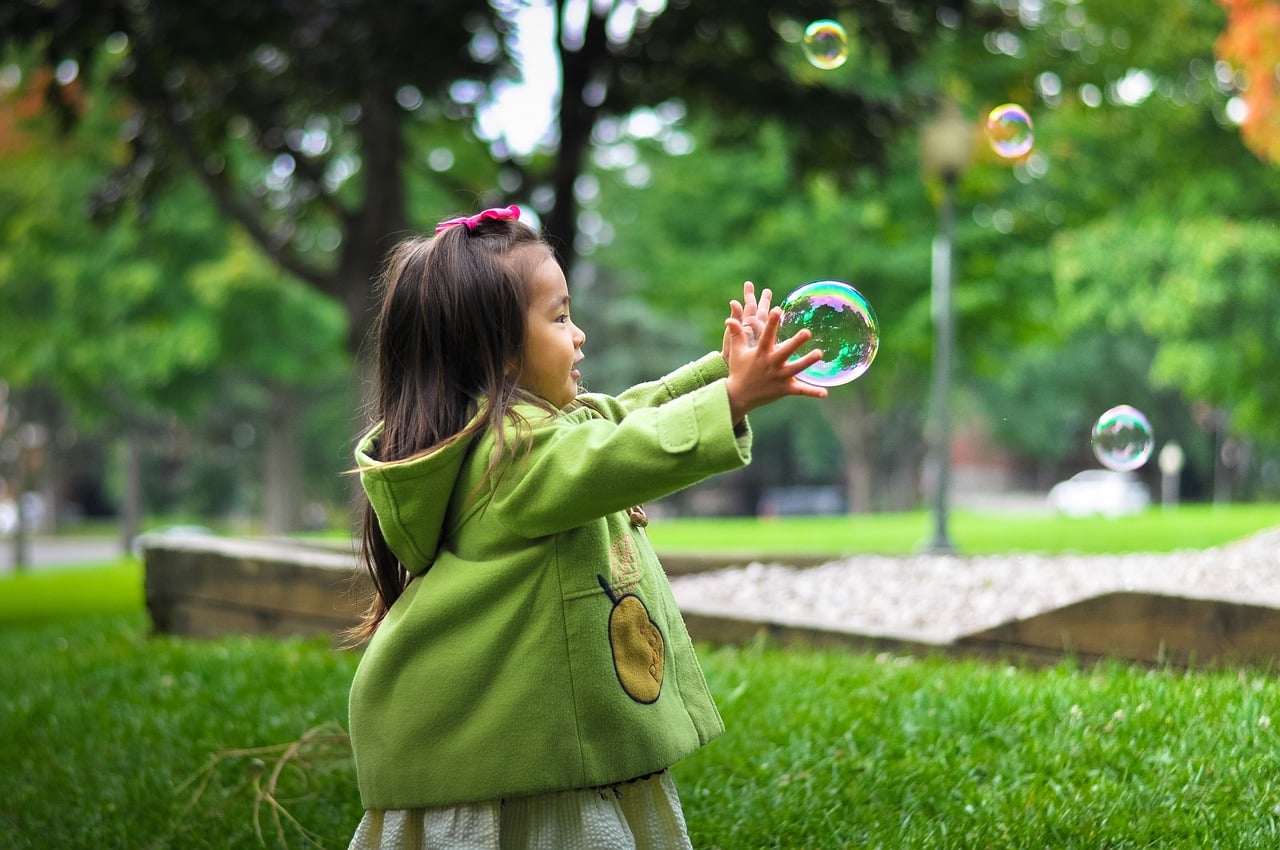
Everyday, we tend to feel a whole bunch of emotions: from extreme anger to happiness.
Children also experience this influx in emotions from the moment they are born and sometimes, they are left bewildered by it. They do not know what these emotions are, why they are feeling it and how to respond to it accordingly. Some parents interpret these outbursts negatively by punishing their kids. As a result, kids do not know how to respond accordingly to their emotions and regulate them.
It is crucial that us parents teach our kids how to regulate their emotions because it will help them control their life easily. If their emotions are regulated, they will be able to interact with others better and meet challenges head-on.
To help you coach your kids in controlling their emotions, here are some steps to help you out.
Set a Positive Example
Children often watch the people around them to learn what to do. From a young age, they will copy their parents and loved ones to do certain activities. Try your best to regulate your emotions before your kids and show them what to do through your words and actions.
If you tend to have problems controlling your emotions, especially when you are angry or depressed, your child will mimic how you handle them. Monkey see, monkey do!
Some cultures often give a positive example for citizens to follow and embody. With this in mind, parents can use this perception to help their child regulate their emotions and learn how they can channel their anger in other ways. You can introduce them to activities that can help your child vent properly and destress, like art and games.
When you watch your child’s emotions and help them control it, they will be able to act accordingly once they enter preschool. If you do find it hard to teach your kids to control their emotions, you can enrol them to special preschool programmes designed to help kids understand their emotions.
Sometimes, talking to your kid about your feelings can help them learn how to control it. Although doing this can be hard, if you do give them an explanation which they can understand, they will be able to articulate what they feel. Don’t hesitate to seek the help of your child’s school or doctor to guide you on how to handle this.

Connect with Your Child to Develop a Sense of Self
Building a strong relationship with your child is important to help them feel safe, wanted and protected. It is a good platform for them to work on when it comes to their emotions, and it also helps them adapt to the world around them.
Don’t be afraid to give your child a hug when they feel upset and help them calm down. If they do something good, praise them. Doing this will help your child develop self-awareness and help them face challenges without problems.
You should also inspire your child to become independent and give them a chance to explore. Let them decide for themselves on little things, like their clothes, meals and games, to give them a sense of empowerment.
If your child misbehaves, make sure that you show them that you love them despite their behaviour. Children will always test their parent’s limits through misbehaviour and learn how to avoid punishment.
If your child continues to show signs of weariness, see if there is something wrong about their routine or their current home or school environment. There are a lot of factors which can cause your kids to lose control of their emotions, so you must be vigilant to identify what they are.
Allow Your Child Privacy to Develop Respect
Every person, even children (especially teens!), must be allowed to have some privacy.
Allocate a space in the house for your child’s things and always have private time in their schedule where your child can play and do whatever they want. Once they are finished, clean up this space with them.
Giving your child some privacy will help them learn how to act in a public or private space. Nobody likes prying into their personal stuff (that’s including you and me) and even when your child is young, they will sense that you distrust them when you overstep your boundaries.
They learn how to respect the people around them, their possessions and respect everyone’s emotions. It will also help them act accordingly to prevent mishaps from happening.

Understanding Emotions
Your child doesn’t always know what they are feeling. But they can give you ideas on what they are feeling through their words.
Speak to your child and ask them what they are feeling. Analyze what words they used and use it to identify the emotions being felt.
For example, if they say something like they miss their grandparents but don’t know why you can say “The reason why you miss them because you are sad they have to leave.”
You can also use flashcards, videos and stories to help your child learn about emotions. Drawings of facial expressions, in particular, can help your child identify what emotion is being felt. You can also use colours to help them distinguish emotions. For example, red always signifies anger, while blue is peace.
If this won’t work, determine what works best for your kids and use it to your advantage. For example, if your child learns faster through music, pick songs that talk about emotions. If your child learns through stories, use stories to get their interest.
You can also ask your child questions about their emotions like “When you feel happy, what goes through your mind?” Their response can give you some idea on what they are feeling.
Conclusion
Emotions are very difficult to control and explain, but it is what makes us unique from one another. As parents, we must help our kids understand why it is important to control their emotions and understand why they happen.
Don’t be afraid to talk about the topic because your child may feel confused about how to handle these feelings.
There are plenty of helpful articles available to manage your child’s emotions like these:
Is the Singapore Education System Too Stressful and Flawed?
Organic Foods to Fight Exam Stress & Anxiety
7 Signs Your Child Might Be Too Stressed – And How to Deal with It
